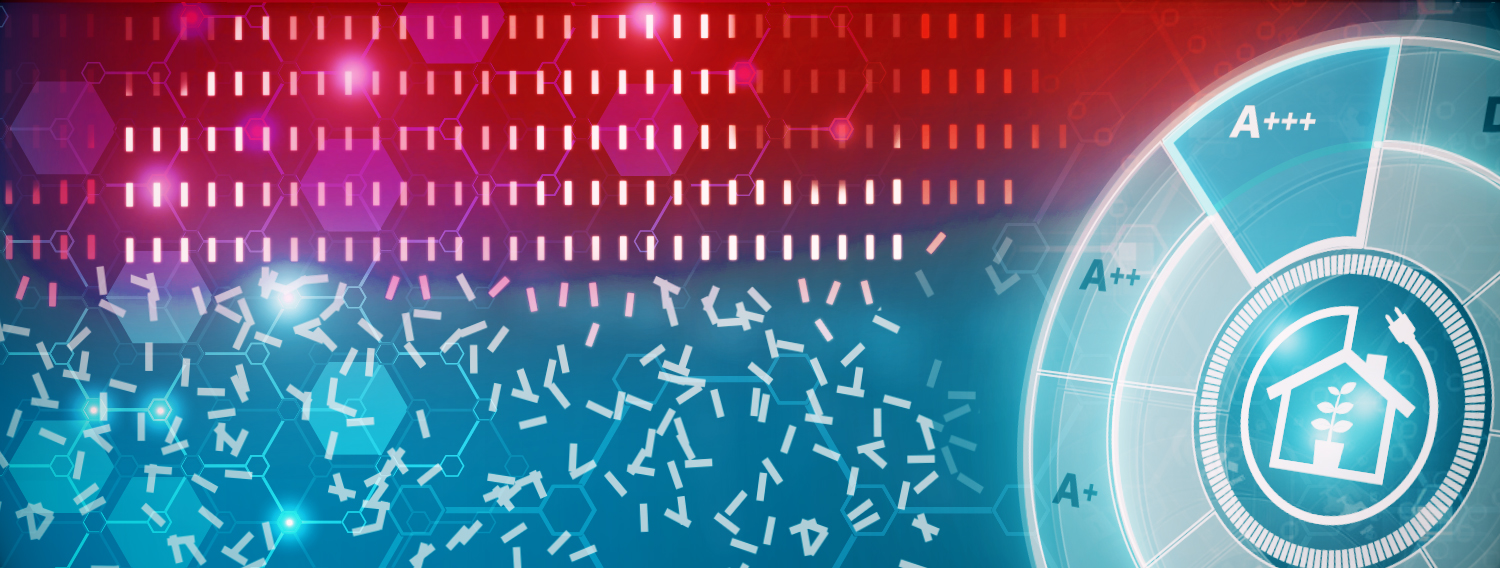Fraunhofer research project gets underway
Fraunhofer starts development of refrigerant-free, energy-efficient electrocaloric heat pumps
Heat pumps play a decisive role in the energy transition: Sustainably generated electricity provides heat in winter and a good climate in summer. Nowadays, heat pumps work almost exclusively on the basis of compressor technology. Compressors require harmful refrigerants, the use of which will be restricted even more by law in the future. In the Fraunhofer ElKaWe lighthouse project, six Fraunhofer Institutes are developing highly efficient electrocaloric heat pumps, which do without harmful refrigerants.
Heat pumps based on compressors are used for heating and cooling. However, the refrigerants used in the systems are harmful to climate, health and the environment, and in some cases also explosive. CFCs, which damage the ozone layer, have long been banned, and the use of fluorocarbons (HFCs), which are harmful to the climate, is also strongly regulated within the framework of the European F-Gases Regulation. Solid-state heat pumps, which include electrocaloric systems, work with harmless fluids such as water. Caloric systems are also noiseless, which is important for the air conditioning of electric vehicles, for example. Previous findings also give reason to assume that electrocaloric heat pumps will also be superior to compressor technology in terms of efficiency. „We are convinced that there is an opportunity to completely replace compressor-based heat pumps in the long term,“ says Prof. Karsten Buse, Executive director at Fraunhofer IPM, who is in charge of the project. „According to the knowledge we have gained in this field to date, electrocalorics can have disruptive potential for heating and cooling technology“.
Heat pumps: making regenerative electricity usable for heat generation
According to the German Environment Agency, more than half of the total energy used throughout Germany is used for heating and cooling. Heat pumps that use environmental heat for heating and hot water preparation in buildings and are operated with electricity generated from renewable sources are thus an important building block for heat generation. They are the missing link between electricity and heat generation, which is still mainly based on fossil fuels. However, the growth in heat pumps is hesitant. The reason for this is insufficient economic efficiency. Electrocaloric heat pumps promise a significantly higher degree of efficiency, which will promote the spread of heat pumps for air conditioning in buildings. In refrigeration technology, the research team focuses primarily on industrial cooling technology, vehicle air conditioning, server and control cabinet cooling and laboratory refrigerators. In principle, the technology is also suitable for household cooling technology. Most manufacturers are now switching to natural refrigerants such as isobutane or propane. Although the latter are not environmentally harmful, they are highly explosive, which is why they are out of question for safety-critical applications - such as in industry or the automotive sector.
Innovations in materials and heat transfer
The scientists will work on material and system design to demonstrate the disruptive potential of the technology. Fraunhofer IKTS has extensive experience with ceramic electrocaloric materials and coatings. Fraunhofer IAP and LBF contribute know-how for the development of polymer materials that are enhanced for use in electrocaloric heat pumps. Fraunhofer FEP develops special coatings for the insulation and functionalization of components. In addition to functional polymers, Fraunhofer LBF will also investigate the service life and reliability of materials and systems. Fraunhofer IAF will develop the electrical control for the heat pumps. Materials and components must be stable over the long term, sufficiently available, cost-effective and, last but not least, harmless. All these competencies are brought together to implement a completely new system approach patented by Fraunhofer IPM. This approach provides for heat transfer through a combination of evaporation and condensation of a harmless fluid in so-called heat pipes with a thermal diode. Heat dissipation has so far proved to be a bottleneck in the efficiency of electrocaloric systems: the faster it takes place, the more powerful the pump is. Preliminary studies have shown that this can be achieved much more quickly with the new concept. The systems operate without active pumping and thus achieve a much higher cycle frequency than previous systems. The team‘s goal is to have a demonstrator with an output of 100 watts and a temperature range of 30 K in four years‘ time.
The use of this photograph is only permitted in relation to this press release.
Last modified:
 Fraunhofer Institute for Applied Solid State Physics IAF
Fraunhofer Institute for Applied Solid State Physics IAF